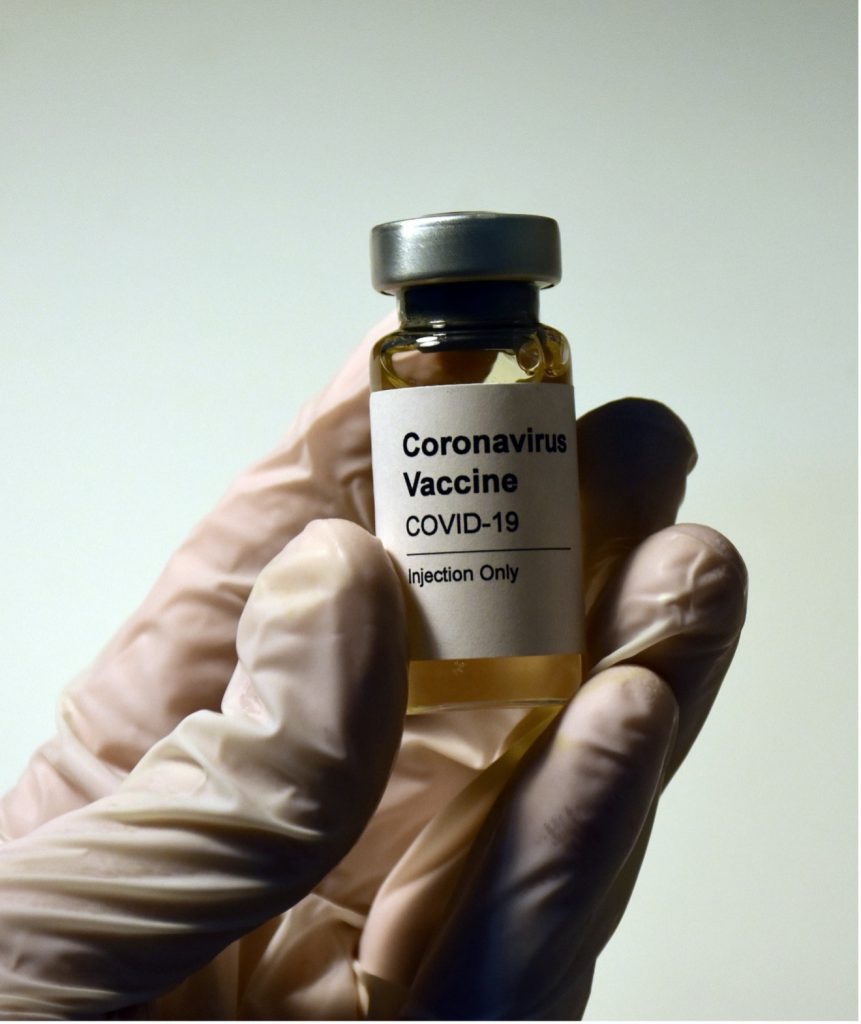 Photo Credits: Hakan Nural (Unsplash.com)
Photo Credits: Hakan Nural (Unsplash.com)
 Junghi Woo is an IPilogue Writer and a 3L JD Candidate at Osgoode Hall Law School.
Junghi Woo is an IPilogue Writer and a 3L JD Candidate at Osgoode Hall Law School.
Since the pandemic began, there has been much debate about whether countries should temporarily waive vaccine makers’ intellectual property (“IP”) rights to improve access to COVID-19 vaccines around the world. While U.S. President Joe Biden recently asked to waive the patents on U.S. manufactured vaccines and committed to sharing 80 million COVID-19 vaccine doses with the world, our own Prime Minister Justin Trudeau was not so eager to follow suit. This decision reignites the debate about ongoing questions in the pharmaceutical patents space: how and when should we balance the public’s interests with those of patent owners? Specifically, are we going to justify denying medicine to millions of people in order to protect patent owners’ economic interests? Should patent law even consider or prioritize human rights?
The listed objectives of the global patent system are all purposed in making the global patent system “coherent and balanced”, “provide legal certainty”, “promote high-quality patents” and “support economic growth”. None of the stated goals consider human rights. However, what happens when people are dying because they cannot access vital therapeutics?
In 1996, about 95% of the world’s HIV patients could not access antiviral therapy for HIV/AIDS due to the creation of this very global patent system the prior year. Years of lawsuits finally made the antiviral therapy more affordable for those who needed it, but these changes could not revive the many lives that were lost to AIDS in the previous years.
The COVID pandemic affects more people than HIV did in 1996. Unlike vaccine distributions, the virus is worldwide and does not discriminate. In 2021, poverty and capitalism have determined the fate of millions. India is a prime example of the catastrophic impacts of vaccine monopolies and the urgency of the issue.
Patent law aims to incentivize detailed disclosure in exchange for a monopoly, with the invention becoming public domain 20 years after the filing date. However, in the context of COVID-19, how beneficial would this information be in 20 years? What about the millions that are dying every day?
Some argue that waiving IP rights is not a feasible solution to the problem. IP rights are the reason why many pharmaceutical companies invested resources in research and production. Therefore, depriving them of their IP right after the fact would be inherently “unfair”. To address the issue of vaccine inequities, some have suggested encouraging pharma companies to reduce vaccine prices for the developing world. However, one may ask how effective that will be in India, where many are fighting for hospital beds.
Countries must look at this pandemic as a problem that cannot be solved by vaccinating only a few, notably “richer” countries around the world. As Trudeau said himself, “this pandemic will not end anywhere unless it ends everywhere.” As criticisms that the Government prioritizes profits over human lives prevail within this debate, one can argue that the Prime Minister’s actions do not match his previous statements. It is fair to question whether this pandemic will force the world to reconsider patent laws and consider human rights while enforcing the laws.